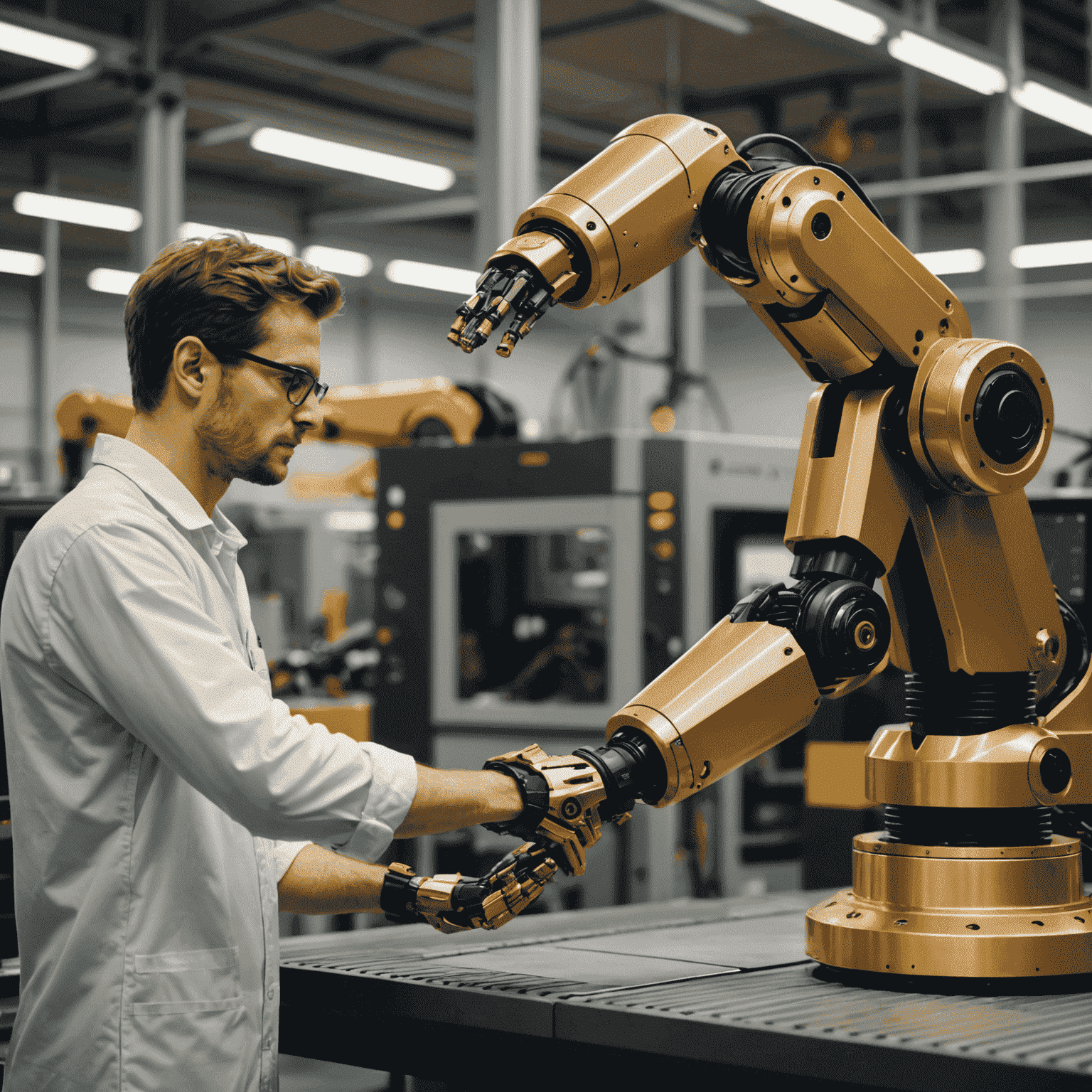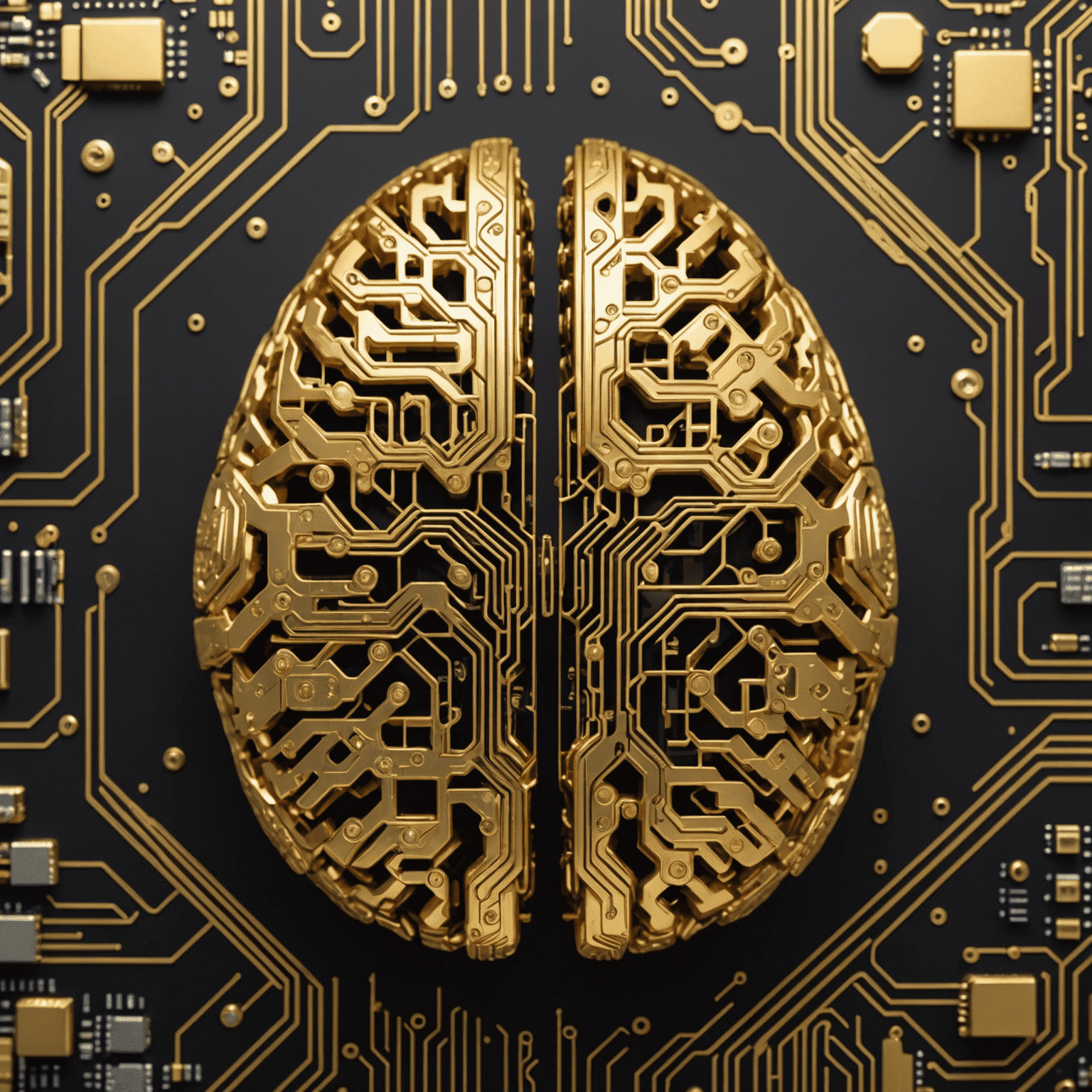AI and Machine Learning: Transforming UK Industries

Artificial Intelligence (AI) and Machine Learning (ML) are rapidly transforming various sectors across the United Kingdom, from healthcare and finance to manufacturing and transportation. These revolutionary technologies are not only improving efficiency and productivity but also driving innovation and economic growth.
In the healthcare sector, AI and ML are being used to develop personalized treatment plans, improve diagnostic accuracy, and streamline clinical workflows. For example, researchers at the University of Oxford have developed an AI system that can accurately predict heart disease risk using patient data and medical images.
The financial industry is also leveraging AI and ML to enhance fraud detection, automate risk assessment, and improve customer service. Leading UK banks, such as Barclays and HSBC, are investing heavily in these technologies to stay competitive in the digital age.

Manufacturing is another sector that is benefiting from AI and ML adoption. By integrating these technologies into production processes, UK manufacturers can optimize supply chains, reduce downtime, and improve product quality. The government's "Made Smarter" initiative aims to support the digital transformation of the manufacturing industry, with a focus on AI and ML.
In the transportation sector, AI and ML are being used to develop autonomous vehicles, optimize route planning, and improve traffic management. The UK is home to several leading companies in this space, such as Oxbotica and FiveAI, which are working on self-driving car technologies.
As AI and ML continue to advance, their impact on the UK economy is expected to be significant. A report by PwC estimates that these technologies could contribute up to £232 billion to the UK economy by 2030. However, to fully realize this potential, the UK must invest in skills development, research and development, and infrastructure to support the growth of AI and ML.

The transformative power of AI and Machine Learning is evident across various industries in the United Kingdom. As these technologies continue to mature and become more widely adopted, they will play a crucial role in shaping the future of the UK economy, driving innovation, productivity, and growth in the years to come.